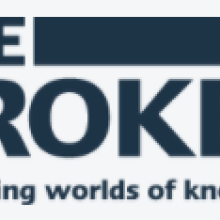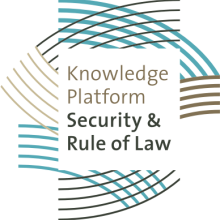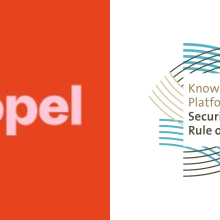Non-Pilots
-
Research on country led knowledge brokering
This project led by Broker in partnership with four of the Dutch knowledge platforms – INCLUDE Knowledge Platform, Knowledge Platform Security and Rule of Law, the Netherlands Food Partnership, and Share-Net International, delved into the complexities of knowledge brokering in international development partnerships. The collaborative research distilled lessons from the KPs knowledge brokering work in partnership with LMIC actors regarding their ambitions , activities, roles and added value in contributing to more inclusive sustainable development.
-
Collaborative Study
The KPSRL Secretariat commissioned a collaborative study to support the refinement of the Programmatic Learning Instrument as well as to support the role of the KPSRL in providing advice on options available for learning interventions to policymakers and programming partners. The study (which is based, on in-depth discussions with seven organizations and initiatives in late 2023 and early 2024 and a survey of relevant literature), culminated into a resource guide which is intended to serve as a resource and reference for practitioners, policymakers and others working in the humanitarian, development and peacebuilding (HDP) nexus and interested in better understanding the issues of learning and programmatic learning, how programmatic learning occurs, how uptake following learning happens, and what prevents more consistent and meaningful uptake.
Specific recommendations were also made to the Dutch Ministry of Foreign Affairs/Directorate-General for International Cooperation leadership based on key findings of the study.
The Collaborative Study will be uploaded here once available. Keep an eye out on our social channels to be notified when it is published!



